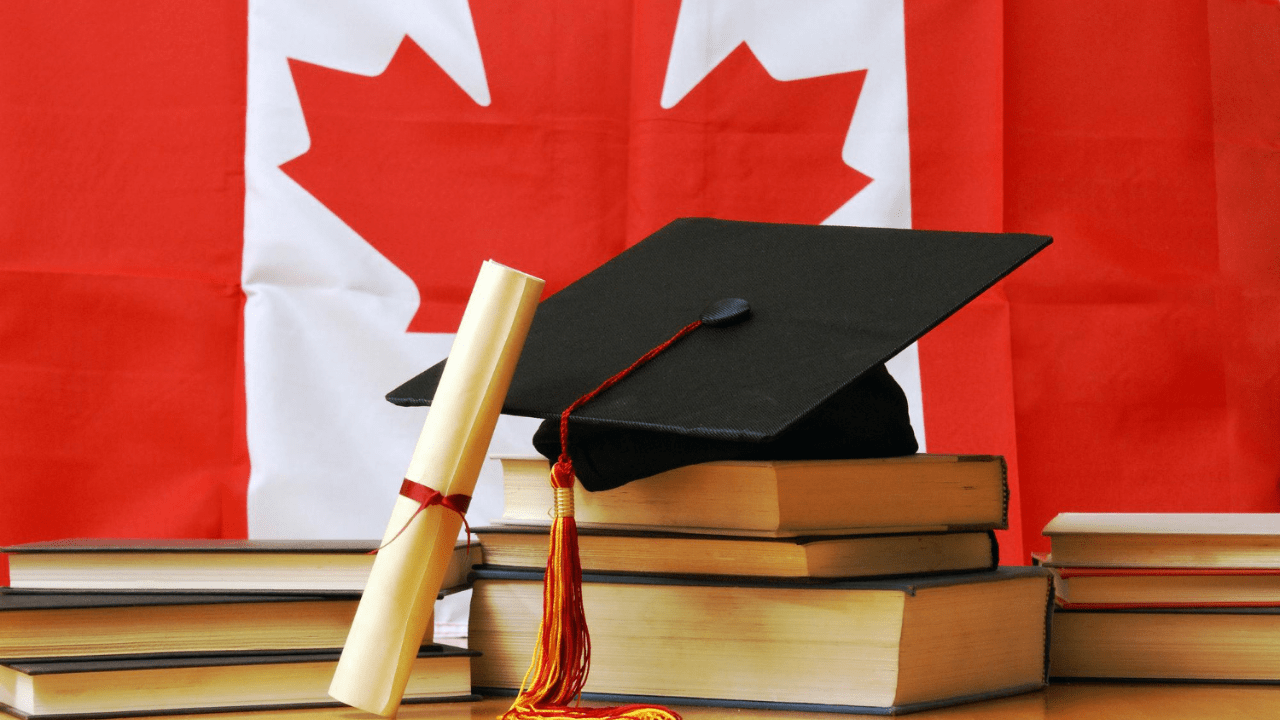US Tariffs Hits Global Disruption for International Education

In 2024, the US was back as the supreme international educator, on the rise, doing record numbers, while Canada, Australia, and the UK, all of them, were busy applying enrollment caps and restrictive rules for international students. Students were looking at the US with a glint in their eyes, and the US was ready towel come the students with open arms. The situation has now changed rapidly, with the implication of tariffs by the trump led government on a plethora of countries.
On April 2,2025, US President Donald Trump imposed broad tariffs on roughly 90 nations. According to the president, the tariffs are necessary to close the trade gap between the United States and almost half of the world. Although the type and extent of tariffs vary by nation, the following is an overview of what transpired on April 2, 2025.
The hardest-hit country was China, where President Trump imposed an initial 50%tariff on all Chinese goods, which increased to 125% on April 9, 2025 after China responded with tariffs of its own on US goods. Conventional allies, such as the EU, Canada, Australia, Japan, and South Korea, were not exempt. When they received tariff rates significantly higher than the global average, some of the world's poorest nations, like Lesotho and Myanmar, were taken aback.
Numerous governments have gathered to engage in negotiations and attempt to convince US officials to reduce or remove the tariffs they were handed, as stock markets have experienced near-record volatility since April 2, 2025. Except for a 10% 'reciprocal tariff' that is being applied universally, President Trump issued an order on April 9, 2025, to halt tariffs for the majority of nations (apart from China) for 90 days. But things might have changed by the time you read this. Depending on how other nations respond, it may be possible that it may backs down.
The effects on the mobility of international students will be intricate.
Study demand in the US is down :The global trade environment may have a significant impact on overseas students' financial status in addition to the possibility that they could be denied a visa, get their visas revoked, or even be detained if an ICE officer determines that their actions or beliefs conflict with US interests. A student might no longer be able to afford to study in the US, even if they still desired to. In addition to tariff concerns, President Trump's pledge to end DEI (diversity, equity, and inclusion) initiatives and the associated political atmosphere may make non-white, LGBTQ+, and minority students less likely to choose to study in the US.
A lower percentage of students go overseas to study : The Trump administration has halted funding for the World Health Organization (WHO) and drastically cut aid to developing nations in addition to imposing tariffs. Since disease prevention and control will be weakened, the governments of those nations may need to reallocate funds from education to healthcare. Under these restrictions, government-funded scholarships may become less generous or possibly disappear, and the quality of education in the countries of origin may decline. Additionally, some foreign universities may cut back on funding for international scholarships in the event of a recession.
Alternate Destinations Come into play : There are very few, if any, nations that have not been on the focus of President Trump's foreign policy when considering the top fifty nations that support student mobility abroad (both the source and the destination markets). The president has shattered long-standing alliances (like the EU), been tough on neighbors (Canada and Mexico), publicly criticized Ukrainian President Zelenskyy, imposed high tariffs on friendly Asian countries, and withdrew billions of dollars that were previously used to support stability and health in African nations. Additionally, he has intensified his verbal and commercial conflict with China. Leading American scholars and researchers are applying to teach and reside in Canada and Europe because of the president's authoritarian tendencies and disrespect for experts and scientific institutions.
As a result of these policies and alterations, many Asian students may prefer to study abroad in other Asian nations, such as China, while more EU students may decide to remain in their own region or look into places in Asia or Latin America. Russia, which has been steadily growing its international enrollment, stands to gain as well, as the rising Middle Eastern locations of Saudi Arabia and the United Arab Emirates may find their way into greater students' consideration sets.
.png)

